Think of anything that ever breathed – from bacteria to blue whales to Roman emperors – and some of his, her or its last breath is either circulating inside you now or will be shortly. Thus, with this startling claim, Sam Kean begins his examination of all things gaseous, Caesar’s Last Breath (Doubleday £20), in which he attempts to make stories about gases visible “so you can see them as clearly as you can see your breath on a crisp November morning.”
By and large, Kean succeeds in this hugely enjoyable, slightly rambling account of our atmosphere and the remarkable men and women who transformed our knowledge about the air we breathe. I am not quite convinced by the arithmetic used to justify his claim that a few of the molecules that once danced inside Caesar’s lungs are dancing in our own lungs today but still found enough to entertain and stimulate in Caesar’s Last Breath to make it my science book of the year.
A very close second is provided by Meredith Wadman’s superb The Vaccine Race (Doubleday £20), which tells the story of US biologist Leonard Hayflick who pioneered the use of human cells to create vaccines against rubella, polio, and a host of killer diseases during the postwar years. It is a tale – told with pace and authority – of theft, evasion, deceipt and obdurate overregulation. We take vaccines for granted today and forget they have transformed the battle against illness, wiping killers like smallpox and polio from the planet. Yet as Wadman makes clear, their widespread use was often a close-run battle against the forces of ignorance and fear.
By contrast, Matthew Walker offers an intriuging synthesis of his own work on dreams and sleep in Why We Sleep (Allen Lane £20). Here the neuroscientist stresses the importance of good sleep as a restorative agent every bit as powerful as any drug or medical therapy. Ignore those who claim to need only a few hours a day, he says. Lack of sleep doesn’t just make you groggy, it’s a slow form of self-euthanasia.
James Gleick’s Time Travel: A History (4th Estate £16.99) and Dava Sobel’s The Glass Universe (4th Estate £16.99) offer historical perspectives on two very different subjects. The former explores the impact of HG Wells’s masterpiece The Time Machine, which invented an entire new genre of fiction and whose influence stretches from Tom Stoppard to Kurt Gödel and from pulp fiction to modern physics. For her part, Sobel focuses on the “human computers” of Harvard College Observatory, pioneering women who were employed to study photographic plates of the stars and whose measurements showed our own galaxy is only one of many other galaxies flying away from each other in an expanding universe.
Still on a historical note, Paul Watson’s Ice Ghosts (Norton £21.99) provides a gripping account of the uncovering of the wrecks of Erebus and Terror, the lost ships of John Franklin’s doomed 19th-century expedition to sail the Northwest Passage. It is a discovery, we learn, that only became possible when explorers bothered to listen to the tales of local Inuit whose ancestors had watched the ships sink.
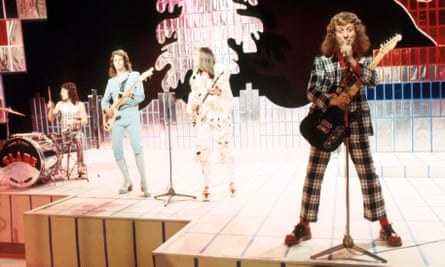
Finally, a scientific work to help you make it through Xmas. In Gastrophysics (Viking £16.99), psychologist Charles Spence examines how our senses influence our choice of food and drink. Play gentle Gallic accordion tunes over supermarket loudspeakers and shoppers will throng to the French wine shelves, while a burst of bierkeller music has them hurrying to buy German vintages. Cover tables with checked tablecloths and chianti bottles and diners invariably rate pizzas as tastier than those consumed on formica tops. By this token, endless replays of the festive best from Bing Crosby, Slade and Wham! should therefore make your mince pies seem much tastier… Well, it’s a theory.
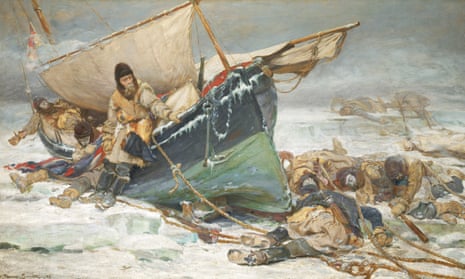
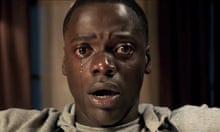

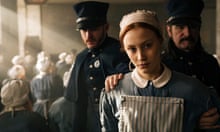


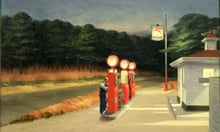


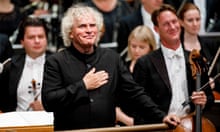

Comments (…)
Sign in or create your Guardian account to join the discussion